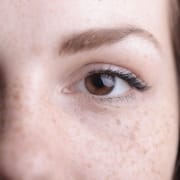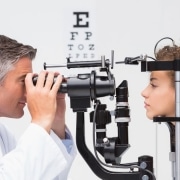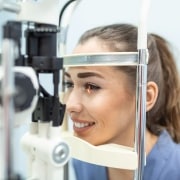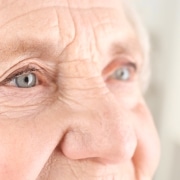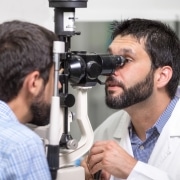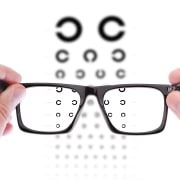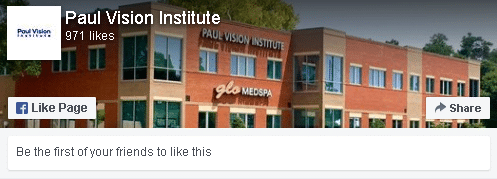What Makes Lashes Fall Out?
Eyelashes serve a great many purposes, not the least of which is attracting other people. For many, their eyelashes are an important part of their beauty aesthetic, which is likely behind the multi-million dollar eye makeup industry, much of which centers around thickening and lengthening eyelashes. So when eyelashes fall out, it can be incredibly worrisome. While it’s normal to lose a few lashes daily as part of their natural growth cycle, excessive lash loss can signal an underlying issue, and you should consider a visit to your eye doctor in Wilmington, NC.
The Lash Growth Cycle
Eyelashes, like the hair on your head, grow in cycles. This includes the anagen (growth), catagen (transition) and telogen (resting) phases. Natural shedding occurs when lashes reach the end of the telogen phase. However, factors like stress, hormonal changes, or improper care can disrupt this cycle and lead to increased lash loss.
Common Causes of Lash Loss
Certain medical conditions, such as blepharitis (eyelid inflammation), alopecia, or thyroid imbalances can cause your lashes to fall out. Infections or trauma to the eyelid area may also play a role. Harsh makeup removers, frequent use of eyelash curlers, using old, expired makeup or extensions can also weaken lashes over time and make them more likely to fall out when they shouldn’t. For some, medications or treatments may contribute to thinning lashes.
Can Treatments Like LATISSE™ Help?
LATISSE™ is a prescription treatment that can promote longer, thicker lashes by extending the anagen phase of the growth cycle. LATISSE™ in Wilmington, NC is available through your eye doctor at Paul Vision Institute and can be an effective solution for lash thinning caused by certain conditions.
If you’re noticing significant loss, it’s important to consult with an eye care professional to identify the root cause. Contact us today to book an appointment.

